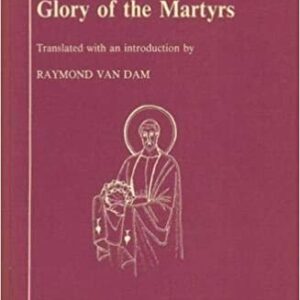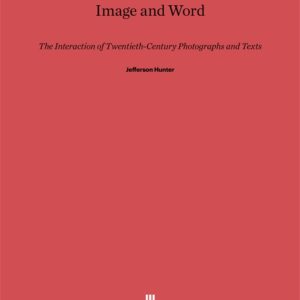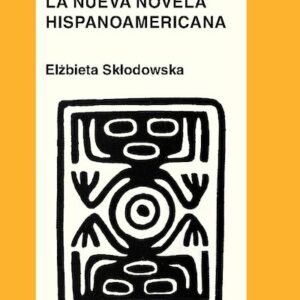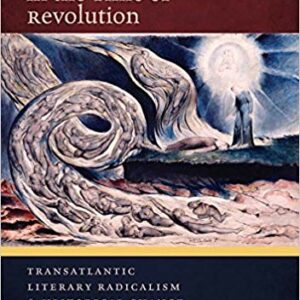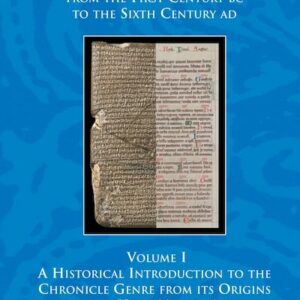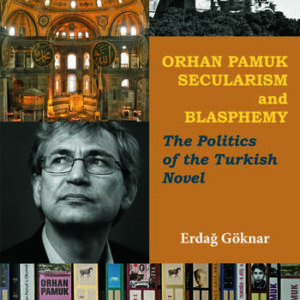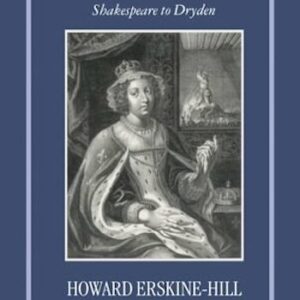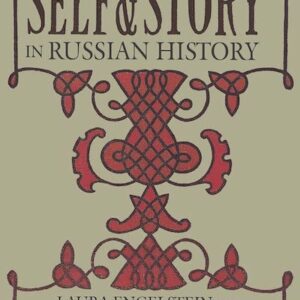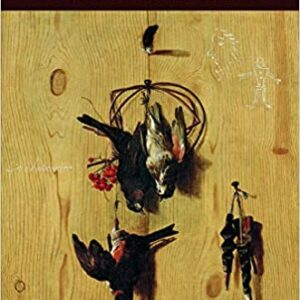
Fiction Without Humanity: Person, Animal, Thing in Early Enlightenment Literature and Culture
By Lynn Festa (NHC Fellow, 2013–14) Although the Enlightenment is often associated with the emergence of human rights and humanitarian sensibility, “humanity” is an elusive category in the literary, philosophical, scientific, and political writings of the period. Fiction Without Humanity offers a literary history of late seventeenth- and early eighteenth-century efforts to define the human. … Continued
